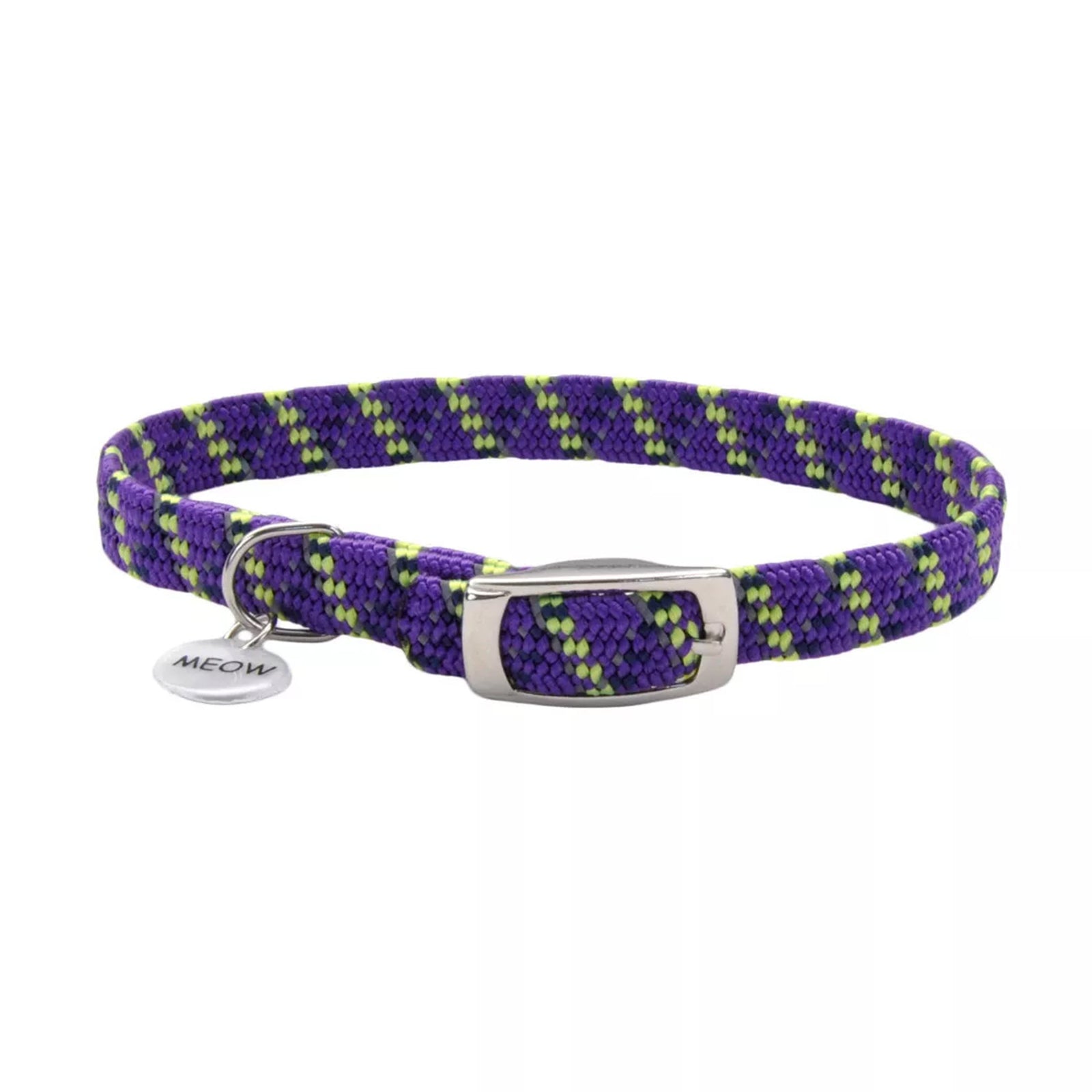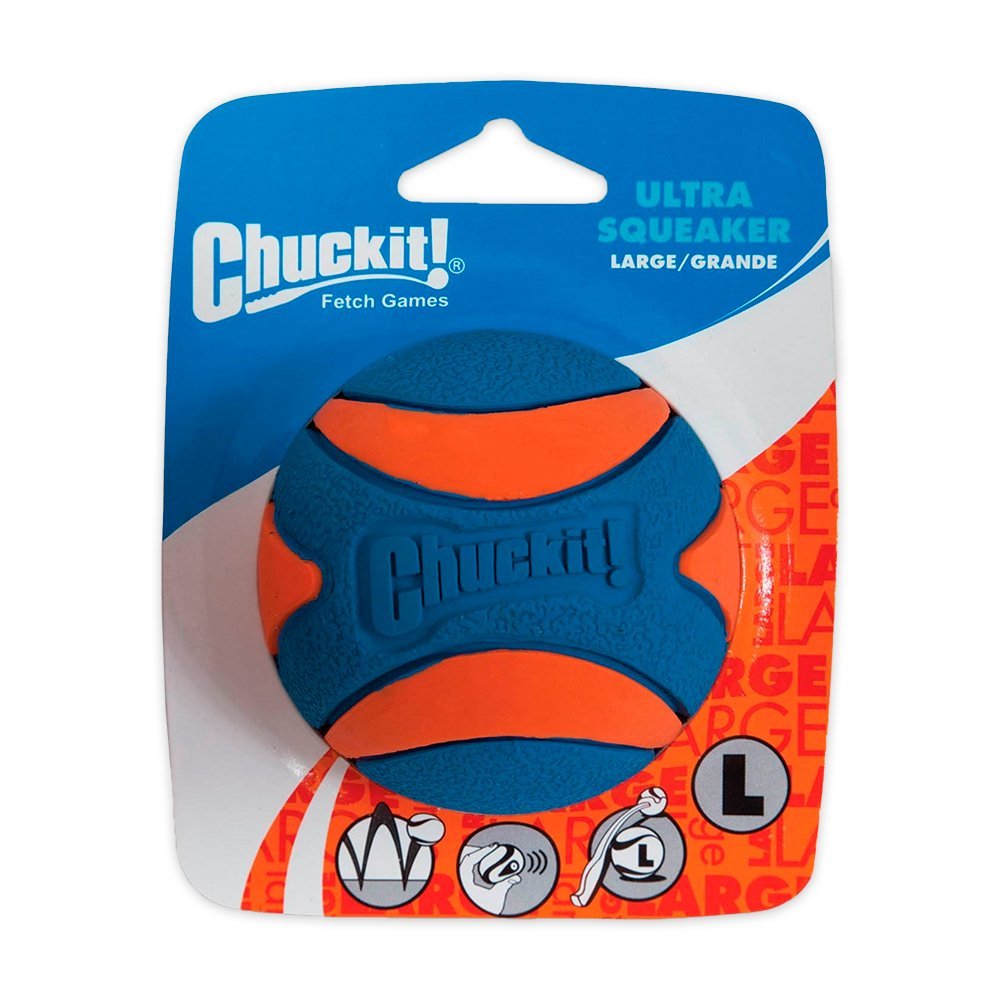Imagine going for a walk with your dog. You and your dog are enjoying your so-called ‘ME’ time, but suddenly, you see that your dog has marks around their neck, or you are unable to control your furry pal with the current collar you hold. So, in that case, you need to understand that you need a proper collar for your fur pal and need to buy the appropriate type of dog collar.
Yes, there are different types of dog collars available on the market. The dog collars serve various purposes, from identification to training, controlling, and measuring the pet's safety.
There are numerous types of dog collars, or we can say all kinds of dog collars are available in the market. But choosing the correct collar for your dogs comes with the challenge. This comprehensive guide will give you a complete insight into the different types of dog collars, their purposes, and how to select the one for your canine companion.
What Are Dog Collars?
The dog collar is a fundamental accessory for dogs. It helps a lot of pet owners, and it has a functional and practical purpose. The dog collars are typically made with a band or strap from various materials such as leather, fabric, nylon, etc. Dog collars, harnesses & leashes are versatile and fulfill several essential roles in dog owners' lives. There are different types of Best Dog Harnesses to serve as a means of identifying dogs. You can add the dog's name, contact details, and, in some cases, proof of vaccinations.
Different types of Best Dog Collars help pet owners in many ways. Depending on the dog's and its owner's specific needs, various types of collars, such as martingale, flat, harness, choke head, and more, are available at pet stores. Each collar is made to address particular concerns of the dogs, like training, safety, or even control.
Top 10 Different Types of Dog Collars
Now, let us know what different kinds of collars are available for dogs. There are several types of collars for dogs available, and majorly to mention there are 10 types of dog collars used by pet owners in everyday life. Let's explore the most common types of collars for dogs.
1. Flat Collars
What are Flat Collars?
Flat dog collars, also known as flat buckle collars, are standard collars made of materials like nylon or leather. Use them for well-behaved dogs during walks or casual outings, ensuring a proper fit to prevent slipping.
Pros
- Ideal for attaching the dog's identification tags with important information
- These collars are simple and easy to use by pet owners
- The collars are available in various materials and designed to suit the dog's style
Cons
- Not preferable for dogs with neck issues
- It may not be effective for strong pullers of dogs in walks
When to use a Flat Collar?
They are designed for everyday use, providing a secure attachment for leashes and identification tags.
Also, look into the best dog grooming supplies for your dogs
2. Martingale Collars
What are Martingale Collars?
Martingale dog collars are designed to provide better control without choking. They consist of two loops, tightening when the dog pulls, preventing escape.
Pros
- It prevents dogs from slipping out of collars
- It gives gentle control without choking
- Ideal choice for dogs with larger necks
Cons
- Should not be left unsupervised dogs
- Not suitable for heavy pullers
When to use a Martingale Collar?
Use them for leash walking and training, especially with dogs that tend to slip out of standard collars or pull excessively during walks.
3. Dog Harnesses
What are Harnesses?
A dog harness is a device made of straps that encircle a dog's torso, providing better control and comfort than collars. It ensures safety and reduces strain on the neck during activities.
Pros
- Reduces the strain on the throat and neck
- Offers better control on strong puller
- Ideal for dogs with medical conditions
Cons
- It may take time to get used to wearing a harness
- It can be confusing for dogs if used inconsistently
When to use a Dog Harness?
Use a harness when walking, training, or traveling with dogs, especially those prone to neck injuries or pulling.
Find different brand Dog Collars, Harnesses
4. Choke Chains and Prong Collars
What are Choke Chains and Prong Collars?
Choke chains and prong collars are training devices for dogs designed to correct behavior through discomfort. Choke chains tighten around the neck when pulled, while prong collars use inward-facing spikes to pinch.
Pros
- For all types of dog collars, it is adequate for specific training purposes under professional guidance.
- Discourages pulling and other unwanted behaviors
Cons
- It can cause injury and discomfort when used improperly
- It is not recommended for inexperienced dog parents
- It may lead to aggression or fear in dogs if misused
When to use a Choke Chain and Prong Collar?
They should be used cautiously, as they can cause pain and exacerbate behavioral issues, particularly in reactive dogs.
Read more: How to Care for Your Dog Every Day: Nutrition, Grooming, Exercise, and More
5. Head Collars
What are Head Collars?
A head collar is a training tool designed to help manage a dog's behavior, particularly during walks. It can prevent pulling, scavenging, and distractions.
Pros
- Offers excellent control without choking
- Helps in correcting and training pulling behavior
- Prevents lunging and jumping
Cons
- Dogs will initially resist wearing the head collar
- Proper training and fitting are essential for effective use
When to use a Head Collar?
Use a head collar when focusing on training rather than loose leash walking, especially in distracting environments or when introducing new behaviors.
6. Breakaway Collars
What are Breakaway Collars?
Breakaway collars, also known as quick-release collars, are designed to snap open under pressure, preventing choking or injury if a cat becomes entangled.
Pros
- It ensures the safety of dogs during play or outdoor activities
- Suitable for both dogs and cats
Cons
- Not ideal for leash attachment
- It should only be used under supervision
When to use a Breakaway Collar?
They should be used for all cats, regardless of whether they are indoor or outdoor pets, to ensure safety in unexpected situations.
Don’t miss to check on these dog apparels for your furry friend
7. Prong Collars
What are Prong Collars?
A prong collar, also known as a pinch collar, is a dog training tool designed to apply even pressure around a dog's neck.
Pros
- It can provide control for stubborn and robust dogs
- It is currently more famous in all types of dog collars
- It is effective in stopping pulling
Cons
- It can cause pain or injury to sensitive dogs
- Should not be used by inexperienced owners
- A better alternative for training to be available
When to use a Prong Collars?
It's typically used when other training methods have failed, particularly for strong or reactive dogs. Proper use is crucial to avoid harm and ensure effectiveness.
8. GPS Collars
What are GPS Collars?
GPS collars are devices that utilize satellite technology to track the location of animals, particularly pets and wildlife. They provide real-time data on movement and can include health monitoring features.
Pros
- Allows tracking of the dog's locations in real-time
- Provides peace of mind to owners in case dogs get lost
Cons
- These collars are more expensive than standard collars
- Requires regular charging and battery replacement
When to use a GPS Collars?
Use GPS collars when tracking pets during outdoor activities or studying animal behavior in research settings.
Explore different dog supplies along with GPS collar
9. Flea Collars
What are Flea Collars?
Flea collars are medicated collars designed to repel and kill fleas on pets. They release active ingredients that spread across the skin, providing long-lasting protection, typically over five months.
Pros
- Helps in protecting dogs from ticks and fleas
- The collars have long-lasting solutions for parasite control
Cons
- It can cause skin allergies or reactions by collar chemicals
- Can cause skin conditions due to chemicals in collars
- Effectiveness may vary depending on brand and type of collar
When to use a Flea Collars?
Use flea collars as a preventive measure, especially for pets over seven weeks old, and consult a veterinarian for guidance.
10. Reflective Collars
What are Reflective Collars?
Reflective dog collars are designed with materials that reflect light, enhancing visibility in low-light conditions.
Pros
- The collars enhance visibility during low light conditions, improving safety during walks.
- Ideal for evening or early morning walks
Cons
- It may not be necessary for dogs that do not venture out in low-light conditions.
When to use a Reflective Collar?
They are ideal for nighttime walks, runs, or during storms when dogs may escape. Using these collars significantly reduces the risk of accidents by making dogs more visible to drivers and passersby.
Read More: Is A Prong Collar Used To Increase Dog Aggression?
Conclusion
Choosing the suitable type of dog collar is crucial, as it impacts their safety, comfort, and behavior. When selecting, consider your dog's size, breed, behavior, and any specific needs or medical conditions. Always prioritize your dog's well-being and seek professional guidance if unsure which collar is best for your furry friend. With the right dog collar, you can ensure your dog's safety and peace of mind during walks and everyday adventures together.
Read more: Why Do Dogs Lick Their Paws? Understanding Causes and Solutions

















